The health benefits of incorporating enough fiber into your diet are undeniable. Both soluble fiber and insoluble fiber have their respective advantages and contributions to the body. This article will show you an in-depth look at the benefits of having a high-fiber diet and the best sources of fiber.
First Of All, Why Do We Need Fiber?
The fiber content in our diet is what makes us feel full post-eating. Besides, dietary fiber plays a huge role in digestion as it adds bulk to our stool and makes it soft and easy to pass, decreasing the risk of developing constipation. Studies have also proven that a high-fiber diet can prevent various diseases related to the heart. It can also prevent or control adverse conditions such as type 2 diabetes. Lack of sufficient fiber in the body can lead to several illnesses such as colon cancer, unnatural cholesterol levels, and more.
Due to all these reasons, health experts and dieticians recommend everyone incorporate good fiber sources in the diet. But how can we do so? Well, certain food items are high in fiber and are easily accessible to everyone. Let’s find out which ones they are.
High-Fiber Foods To Add To Your Diet?
Kidney Beans

Kidney beans are a type of legume, and legumes are majorly known for being a good source of protein. However, in addition to protein, kidney beans are one of the most fibrous food items. A single cup of cooked kidney beans consists of around 12 grams of fiber. Health experts also say that kidney beans have the components to relieve constipation due to fiber availability. Even a tiny amount of these can keep you full for a long time and therefore reduce hunger.
Split Peas
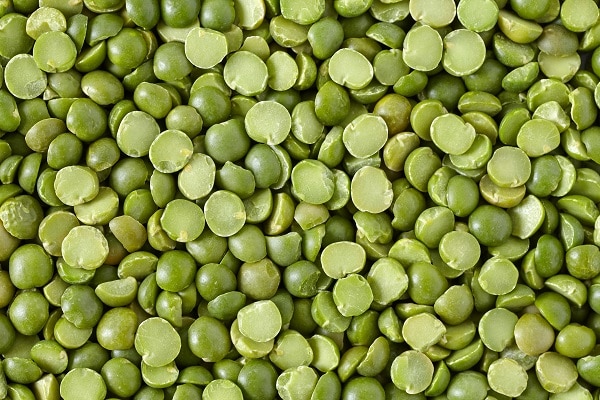
When the seeds present in peas are split and dried, we get split beans, and these are also one of the richest sources of fiber. One cup of cooked split beans has around 16 grams of fiber, more than the kidney beans mentioned above. Besides, the nutritional value is not just limited to fiber, as these are also rich in other vital nutrients like potassium, magnesium, and copper. Additionally, they are also known for controlling cholesterol.
Chia Seeds
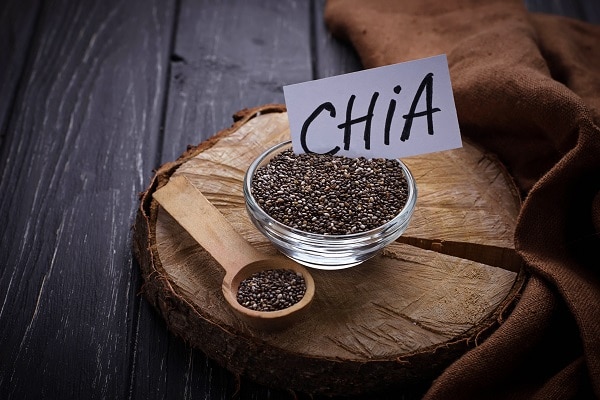
Chia seeds are trendy among organic food enthusiasts and are incredibly high in fiber. Just 100 grams of chia seeds has over 24 grams of fiber which is quite a lot! And the best part about these seeds is that you can easily incorporate them into your diet in various ways. You may have them in smoothie bowls, yogurt, cereal, vegetables, rice, pudding, or even raw. Even a couple of spoons of these super seeds can make you feel full for a long time.
Avocados

Avocados are a part of the classic American breakfast for all the right reasons! The fiber content makes you feel full for a long time. Avocados promote weight loss and boost your mood, which makes up for an excellent kick-start for the day. One cup of avocado provides more than 10 grams of fiber, which an entire avocado offers 6 grams of fiber on average. Due to such amazing fiber content, doctors often recommend eating avocados to improve bowel movements.
Popcorn
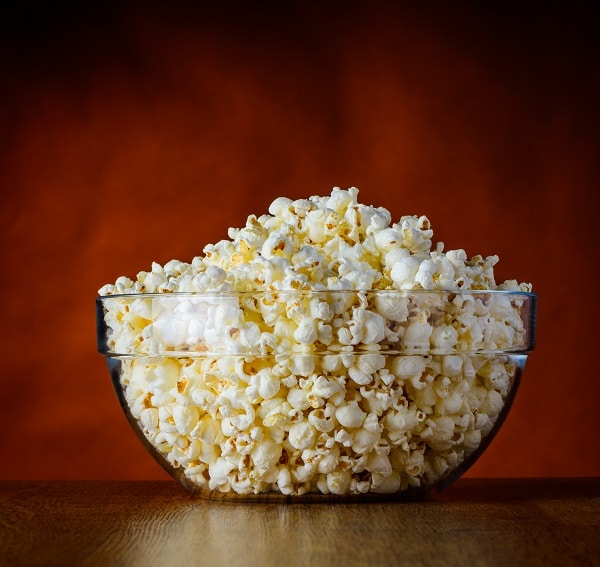
Popcorn being a great source of fiber makes for another reason to love movie nights. That’s right, these munchies that we all love are loaded with fiber. There are 1.15 grams of fiber per cup, whereas 100 grams of popcorn has a fiber content of 13 grams. However, make sure that you do not add a lot of fat such as butter to it, as it will increase the number of calories and may cause constipation. Instead, consume the healthier version with a tad bit of seasoning.
Berries

Most people consume berries for their antioxidant properties, which is excellent! But there is more to it. All types of berries are high in fiber, but raspberries and blackberries have the most fiber. Just a single cup of them consists of 8 grams of fiber. Other than that, a cup of blueberries, strawberries, and gooseberries offer a fiber content of 4 grams, 3 grams, and 6 grams, respectively. Considering the versatility, it is fair to say that berries are among the most interesting fiber sources.
Almonds
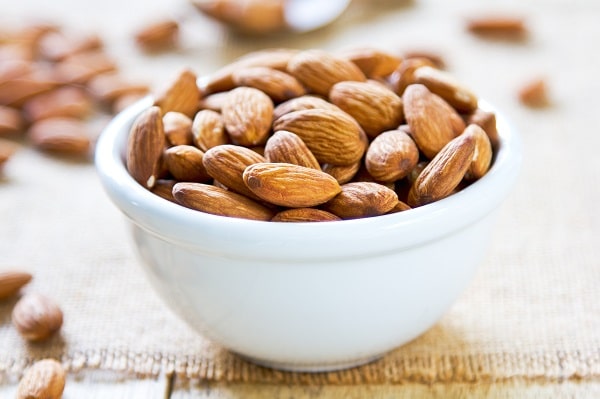
Most nuts have a good amount of fiber in them, and almonds are no exception. A single ounce of almonds, which is roughly 23 nuts, contains 3.5 grams of fiber. Likewise, there are more than 13 grams of fiber present per 100 grams. Along with fiber, they also contain plenty of other nutrients like manganese, magnesium, and protein, which will keep you full and energetic. The daily recommendations set by most health experts imply that one should consume at least one ounce of almonds every day.
Brocolli
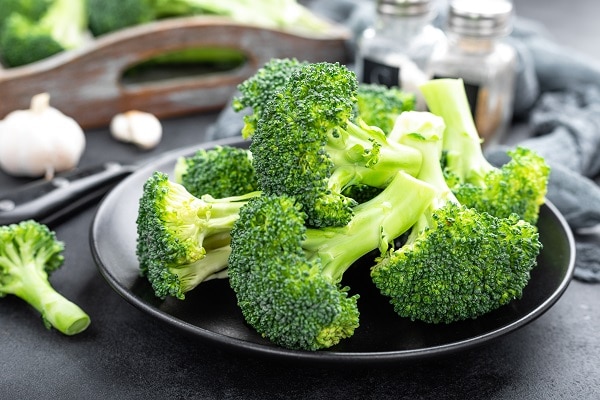
This cruciferous vegetable contains several nutritional properties, including protein, potassium, magnesium, calcium, and of course, fiber. It offers 5 grams of fiber per cup. Therefore, adding broccoli to your meals will help you stay full, suppress hunger, and promote weight loss. Brocolli keeps constipation, digestion issues, and even heart disease away. Its antioxidant properties and low calorie-addition effect have caused this veggie to earn the reputation of superfood.
Whole Grains

Replacing refined grains with whole grains is probably one of the easiest ways of increasing your fiber intake. Grains are essentially from seeds; however, they lose their nutritional properties when they are refined. Such is not the case with whole grains, and so you should prefer them. There is a wide range of whole grains, so you can have variety in your meals without compromising fiber.
Fruits

We already spoke about berries, but apart from that, there is no denying that other fruits are also naturally loaded with fiber, and not just that, they are also enriched with other essential nutrients such as vitamins and minerals. A medium-sized pear has up to 6 grams of fiber, and similarly, other fruits like orange, apple, and fig offer 4 and 8 grams, respectively. This is why dieticians recommend adding various fruits and even dry fruits for that matter to your daily breakfast.
Fiber Supplements
If maintaining a healthy amount of fiber in the body through fruits, vegetables, whole grains, nuts, and seeds seems challenging, you may opt for fiber supplements. These will help you normalize your bowel movement, make you feel full, control your cholesterol and blood sugar level, suppress hunger, and promote weight loss. However, make sure that you get approved by your health specialist and get a dietician’s recommendation regarding the supplement’s type, dosage, and frequency.
Conclusion
Mindful eating is undoubtedly one of the best habits that one can adopt in their lifestyle, and all these above-mentioned fiber-rich foods will truly help you boost your overall health and live longer. Start adding some of these foods to your diet to boost your fiber consumption. There are so many benefits!


